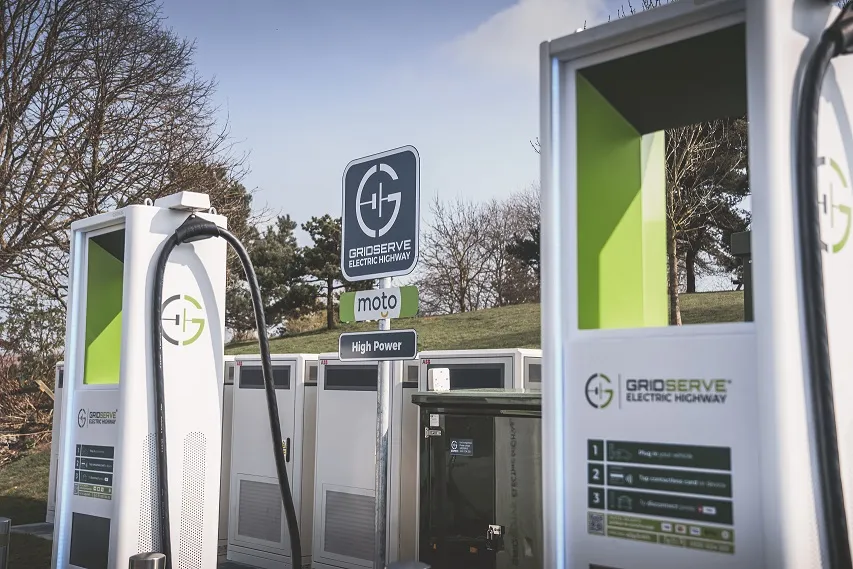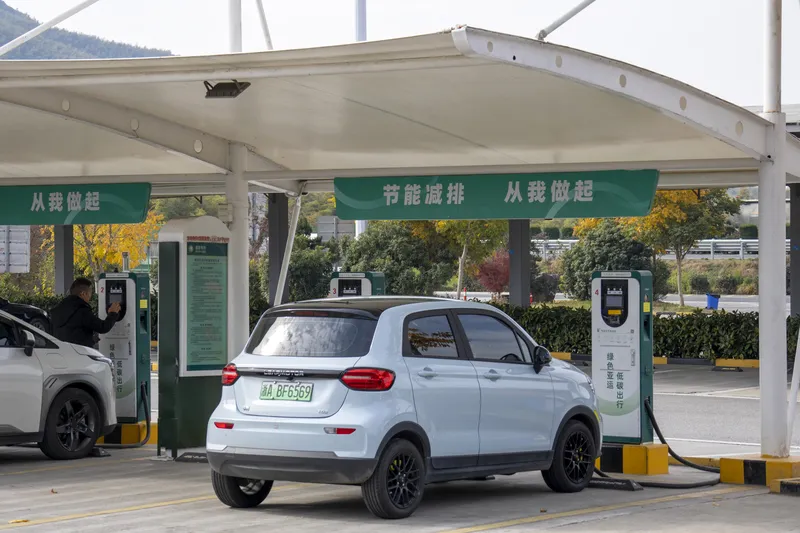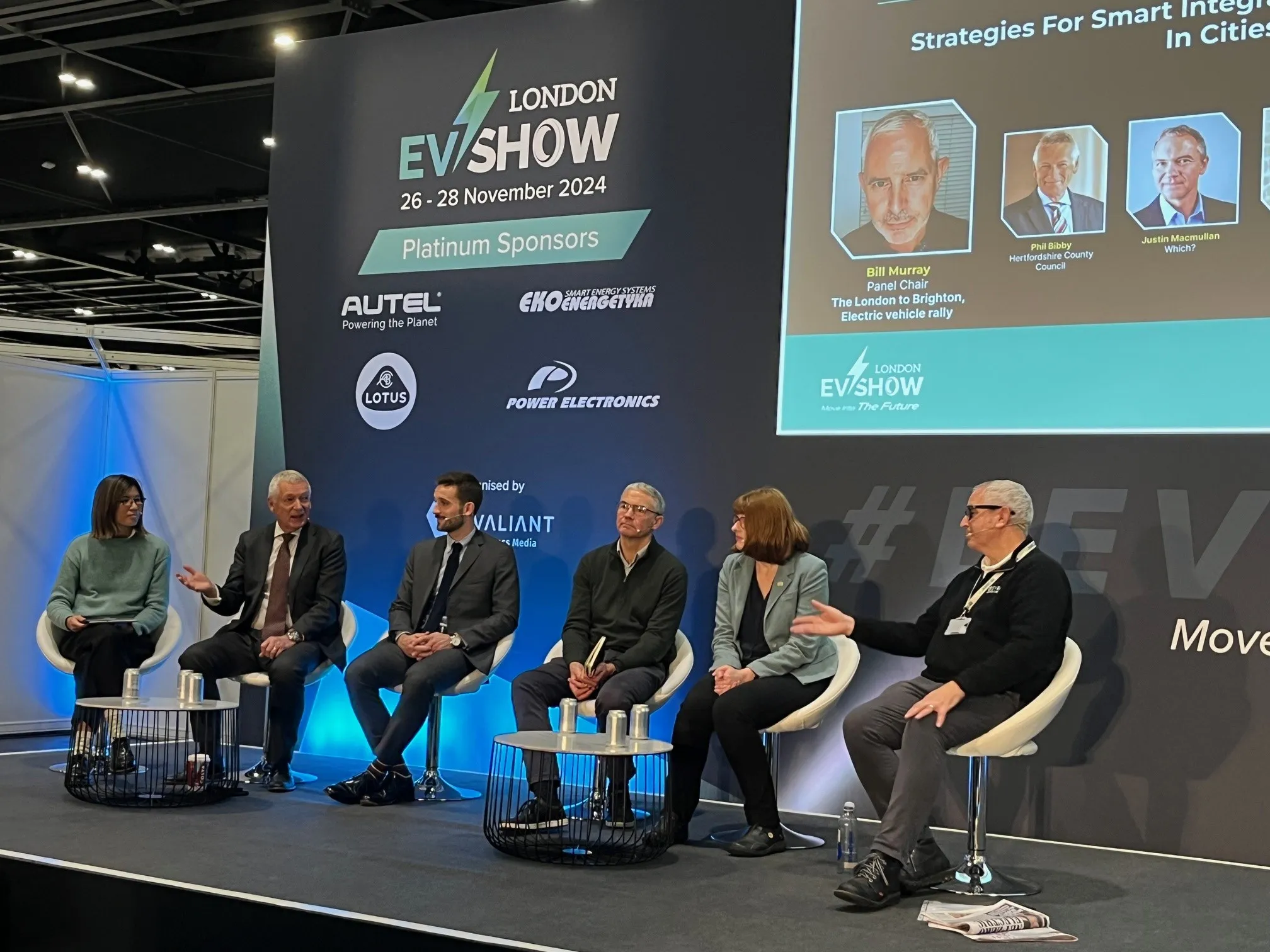
The report from the PAC - which scrutinises the economy, efficiency and effectiveness of public spending - finds Government has been slow to address gaps in charge point provision and calls for delays in the EV charging roll-out to be addressed. It also raises concerns around regional divides and inequalities for different groups of drivers which, without action, risk being baked into the roll-out.
To give drivers confidence to make the switch to electric vehicles, the report states charge points need to be installed in advance of need. Motorway service areas in particular act as a ‘shop window’ for drivers to feel secure that charge points are widespread. However, approximately a third of the 114 areas had yet to meet DfT’s original ambitions for each to have six ultra-rapid charge points by the end of 2023. In 2020, Government announced £950m to future-proof electricity capacity on strategic roads. The PAC’s report finds that nearly five years later, DfT had yet to issue any of this funding.
The PAC is calling on DfT to plan for what is needed to support the widespread uptake of EVs and the charge point roll-out. While Government is on track to reach the minimum 300,000 points needed by 2030, those installed so far have not been evenly spread across the country. Too few have been installed outside of the South-East and London, which currently host 43% of all charge points. The report finds that rural areas may continue to be less commercially viable for operators and could require further government intervention.
As well as this stark regional divide, the report raises concerns around the impact on drivers with disabilities, those without access to off street parking and disadvantaged groups. The interests of disabled drivers have been left behind in the rollout, with no charge points in the UK currently fully compliant with accessibility standards which DfT itself helped to create. The report notes that drivers with no option but to rely on public charge points, in particular those without access to off-street parking, pay significantly more for charging due to higher VAT rates (typically 20% compared to 5%). Should these impacts not be remedied, different and sometimes disadvantaged groups will face inequalities in the cost of driving.
The report also highlights delays in the programme designed to support local authorities in England to install charge points where they are most needed. Only 10 out of 78 installation projects had been approved for delivery at October 2024, against a March 2025 deadline. It adds that these delays have meant that many local authorities will be procuring for projects at similar times, posing the risk that the market may not have the capacity to serve them all.
Sir Geoffrey Clifton-Brown MP, chair of the committee, said: “It is welcome to see the EV charging roll-out beginning to ramp up, with all the implicit benefits that bearing down on emissions will bring. But this roll-out is not currently taking place equally across the nation. Meeting numerical targets for charging points is all very well. Delivering thousands of points allowing Londoners to easily zip around the capital while leaving the rest of the UK’s network patchy is obviously an outcome to be avoided. Drivers need confidence that they can use an EV without any risk of getting stranded, or they won’t make the switch. It is imperative that the motorway network has a complete range of charging points as soon as possible to provide some confidence to drivers who wish to travel about the entire country.
“It is also of deep concern that the needs of disabled drivers are being ignored. Not a single charge point in the country is currently fully accessible. We are risking baking a serious injustice into the fabric of a major part of our national infrastructure. It similarly needs to understand how to remedy financial inequalities for those who have no choice but to use public charge points. Our report therefore leaves challenges Government – it must move at pace to overcome current delays and encourage take-up, while taking the time to ensure no-one gets left behind in this all-important shift to the future.”









